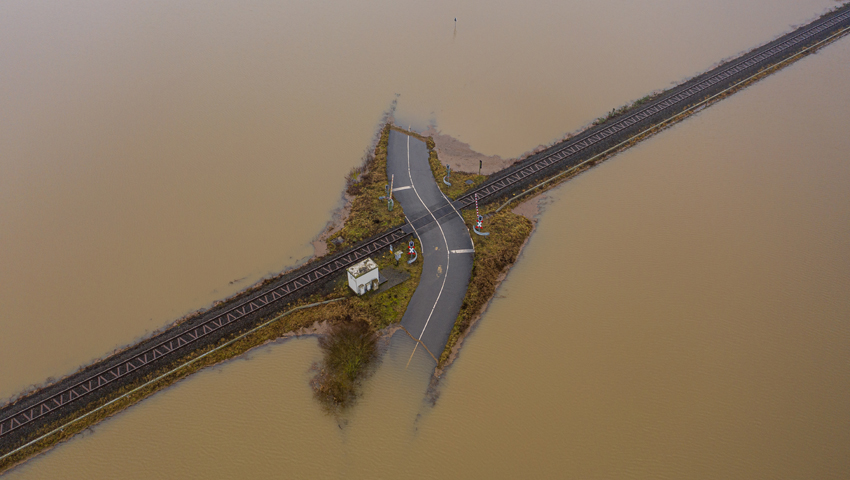HIGHLIGHTS from remarks by CIA Director William J. Burns delivered on July 1st for the annual Ditchley Foundation lecture in Oxfordshire. The topic was “A World Transformed and the Role of Intelligence.”
“We can no longer talk about “tipping points” and “catastrophic climate impacts” in the future tense. They are here and now, imperilling our planet, our security, our economies and our people.”
“I worked early in my career as an American diplomat for Secretary of State James Baker. It was one of those rare “plastic moments” in history. The Cold War was ending, the Soviet Union was about to collapse, Germany would soon be reunified, and Saddam Hussein’s invasion of Kuwait would soon be defeated.
“It was a world of uncontested American primacy. History’s currents seemed to flow in our direction, the power of our ideas driving the rest of the world in a slow but irresistible surge toward democracy and free markets. Our sometimes overbearing self-assurance seemed well-founded in the realities of power and influence, but it also obscured other gathering trends.
“Our moment of post-Cold War dominance was never going to be a permanent condition. History had not ended, nor had ideological competition. Globalization held great promise for human society, with hundreds of millions of people lifted out of poverty, but it was also bound to produce counter-pressures.
“My job now is to help President Biden and senior policymakers understand and shape a world transformed. And as the president reminds us, we are at an inflection point.
“The post-Cold War era is over. Our task is to shape what comes next — investing in our foundational strengths and working in common cause with our unmatched network of alliances and partnerships — to leave for future generations a world that is more free, open, secure and prosperous.
“That is a very tall order. Our success will depend on our ability to navigate a world with three distinctive features.
“First is the challenge of strategic competition from a rising and ambitious China — and from a Russia that constantly reminds us that declining powers can be at least as disruptive as rising ones.
“Second are the problems without passports, such as pandemics and the climate crisis, which are beyond the reach of any one country to address and are growing more extreme and existential.
“And third is the revolution in technology, which is transforming how we live, work, fight and compete, with possibilities and risks we can’t yet fully grasp.
“Those singular challenges sometimes conflict with one another, with cooperation on shared global problems both more vital and more difficult, too often the victim of strategic competition. And the revolution in technology is both a main arena for that competition and a phenomenon in which some basic partnership is crucial to set rules of the road.
“In a more volatile and uncertain world, in which power is more diffuse, the weight of the hedging middle is growing. Democracies and autocracies, developed and developing economies, and countries from the Global South and other parts of the globe are intent on diversifying their relationships in order to expand their strategic autonomy and maximize their options.
“These countries see little benefit and lots of risk in monogamous geopolitical relationships.
“What’s more, we do not have the option of focusing on a single geopolitical pacing threat. We face an equal threat to international order and indeed to the lives and livelihoods of our people from shared or transnational challenges, of which the climate crisis poses the most clear and present danger.
“We can no longer talk about “tipping points” and “catastrophic climate impacts” in the future tense. They are here and now, imperilling our planet, our security, our economies and our people.
“Last month in Washington, you could not see across the Potomac River from CIA Headquarters in Langley, Va., or take a breath without subjecting your lungs to hazardous materials because of smoke from hundreds of wildfires across Canada.
“Climate change is the quintessential “threat multiplier” – fuelling energy, health, water and food insecurities, setting back our progress on economic and human development, turbocharging what is already the worst period of forced displacement and migration in history, and further exacerbating instability and geopolitical tensions and flash points.”
